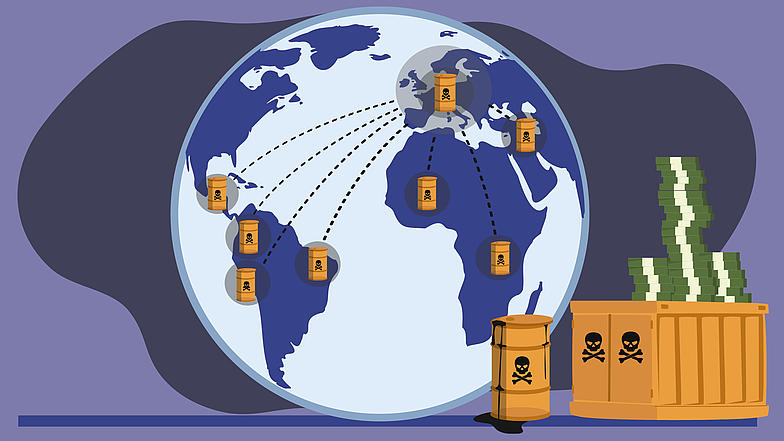Stop the Toxic Trade!
- Pesticides
Toxic pesticides on our plates: Pesticides banned in the EU are exported – only to return as residues in rice, bananas and raisins. A dangerous boomerang! The EU promised to stop this in 2020. But still no law. Urge the European Commission to move forward and ban export of these toxic chemicals.
Stop the Toxic Trade!
- Pesticides
Toxic pesticides on our plates: Pesticides banned in the EU are exported – only to return as residues in rice, bananas and raisins. A dangerous boomerang! The EU promised to stop this in 2020. But still no law. Urge the European Commission to move forward and ban export of these toxic chemicals.
Background information
A joint action of:
foodwatch started the petition on 19.12.2024.
